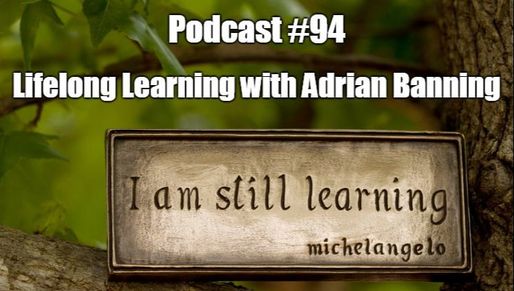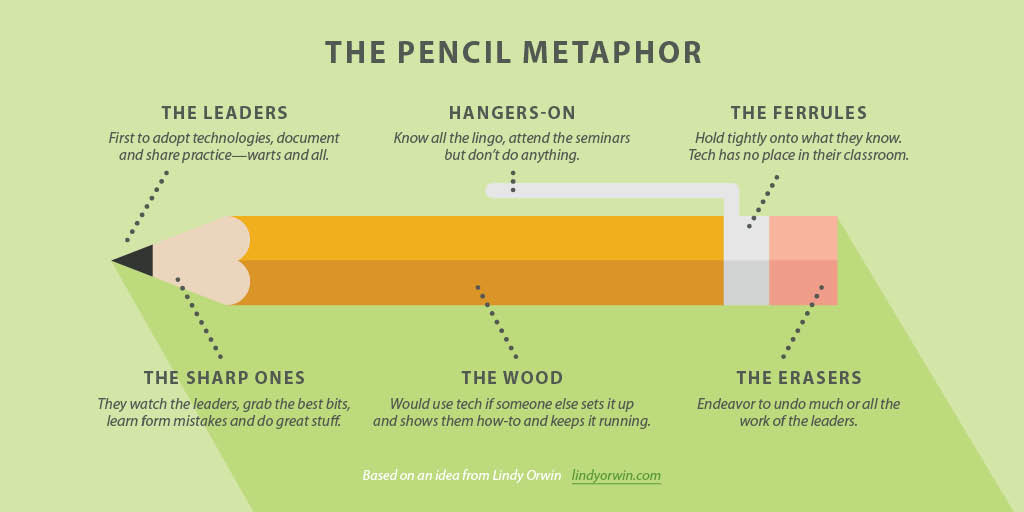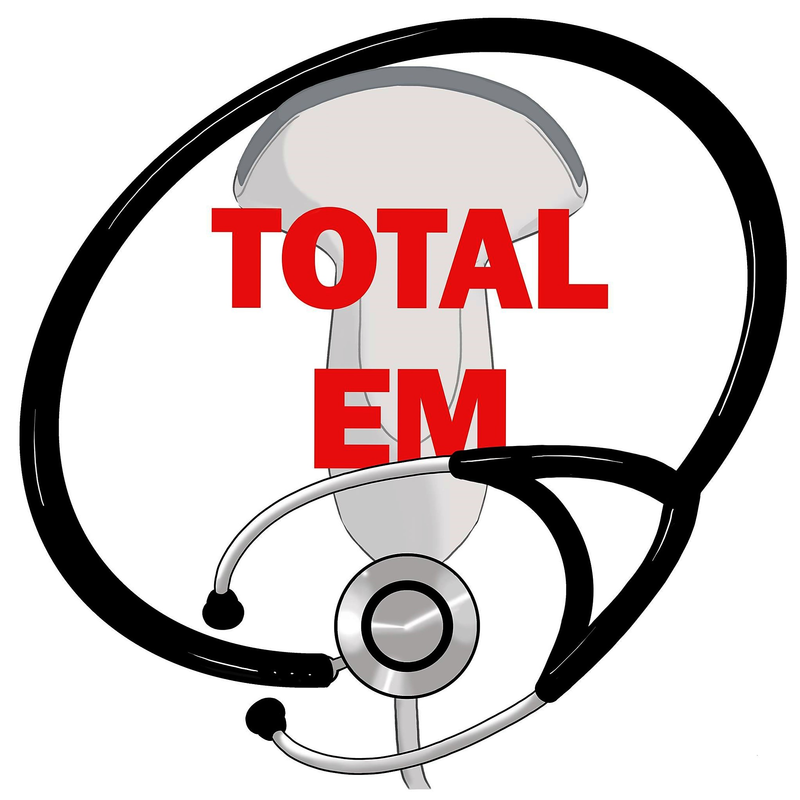|
Our friendly evidence based medicine (EBM) PA guru, Adrian Banning, joins us again to talk about being a lifelong learner. It is a "hot topic" for PAs and other medical providers, but what does it actually mean and how do we become a lifelong learner? To help us with these questions and more, Adrian joins us for a detailed discussion.
Adrian Banning's first tip is to think of lifelong learning like exercise: we have to do it, so we might as well make it fun. Make time for it and use methods like podcasts. Like brushing your teeth, get into a routine and it will become easier.
Nest is to have a plan. Thanks to authors like Slawson and Shaughnessy, we have various methods and information specifically for medical practice. One process they talk about is POEMs which are Patient Oriented Evidence that Matters. What this means is that we should be focusing on content that is important for patients and ones that we will use clinically. There is still a ton of information we may run across on a daily basis, but we do not need to critically appraise every article. Use the experts that are out there to help with critical appraisal. As Adrian explains, "You don’t have to be a gourmet chef, but you have to know what they chef is doing and appreciate the skill and time when they serve it up for you - or do a mix where you do some of the work and let others do some (getting pre-cut ingredients and mixing them at home)." This is when we get into details such as hunting and foraging. No, we are not talking about what our ancestors were doing. Hunting is when we are looking for specific answers to specific questions whereas foraging is when information comes to us. Traditionally, foraging is using material like journals. It is hard to go through all of that data and then critically appraise them. As mentioned, in an ideal world we could go through every single article and critically appraise them, but that is asking for an impossible task. Instead, we can use the help of experts to get the information we need. Examples include blogs, podcasts, daily emails from societies you belong to, and trusted people on social media such as Twitter. Adrian recommends Richard Lehman and Julia Belluz as two great examples (listen to the podcast for details). Essentially, many of these people are digesting part or all of the information for you to make it easier to understand what is out there without having to do a complete critical appraisal. Databases are another type of means for information and are usually used for hunting information. These are pre-appraised and usually include a discussion on the level of evidence (LOE). Cochrane may not include LOE but does give great systematic reviews. Dynamed and Essential Evidence Plus are two other sources commonly used and mentioned by Adrian. We of course have to mention Up-To-Date which is not LOE or critically appraised but still commonly used. These are usually topic based discussions by experts who do include evidence most of the time but not always. It is important to remember this since many will defer to this source for information. In comparison, the USPSTF is far less biased but is known for controversy. This ties in to the next point and asking a couple of important questions: who paid for this and what doe they get if I do what they say? These and similar questions are vital to help avoid some of the bias that exists when getting medical information. It is important to look at how it was funded and what potential conflicts exist. We talked about this briefly in relation to a New York Times article and discussing biased reporting. Sometimes, going to a third party where they offer free information or do not have the bias can be helpful such as many #FOAMed sources. For example, Life in the Fastlane has a great EKG Library. It is also important for us to be human. Read outside of medicine. Interact with the arts and humanities to keep a broad mind. Also, use things like conferences to help get other ideas and opinions but never use it by itself. It is important not to rely solely on conferences, experts, or peers. We also need to check our own cognitive biases, our ego , and looking for updated changes. As a final note, when it comes to implementation of what you learn and see in medicine, think of it like a pencil. Below is an example related to technology, but we can think about it with any aspect of care.
Let us know what you think by giving us feedback here in the comments section or contacting us on Twitter or Facebook. Remember to look us up on Libsyn and on iTunes. If you have any questions you can also comment below, email at [email protected], or send a message from the page. We hope to talk to everyone again soon. Until then, continue to provide total care everywhere.
0 Comments
Leave a Reply. |
Libsyn and iTunesWe are now on Libsyn and iTunes for your listening pleasure! Archives
August 2022
Categories |
||||||



 RSS Feed
RSS Feed